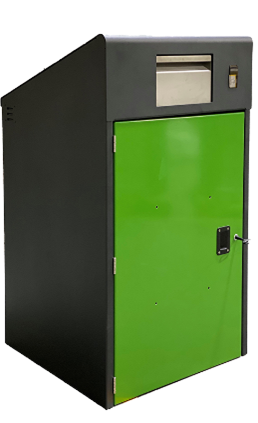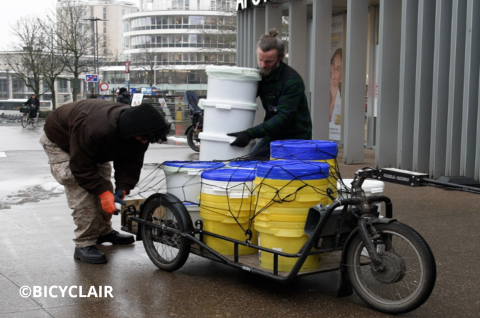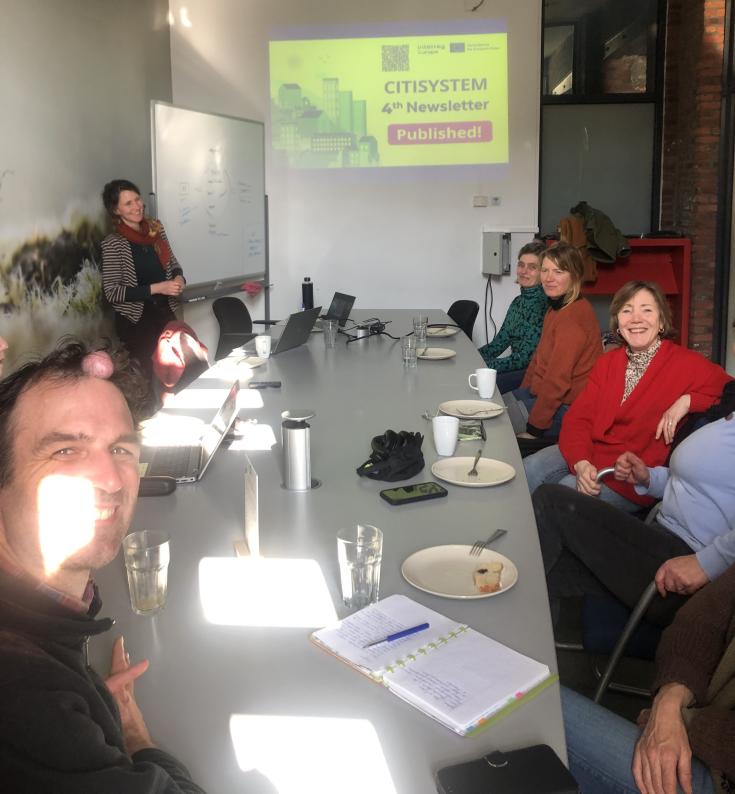Policy situation in Mechelen, Belgium
In Mechelen we are working on a new idea to locally process green waste from public gardening and nature management into high quality compost for farmers. High quality compost is important to increase the organic matter and life in the soil in order to improve the soil’s health.
The first regional coalition meeting was organized by the city of Mechelen and nature conservation organisation Natuurpunt where the supply of biomass residual streams in the region and demand for high quality compost was discussed amongst the different stakeholders present. The greatest bottlenecks seemed to be finding a suitable location in the highly dense populated region of Flanders and strict regulations that complicate the implementation of such a practice.
In Mechelen from 2026 onwards biowaste from households will no longer be allowed in the mixed residual waste and needs to be collected seperately (obligation by Flemish law). It will be mandatory for citizens to seperate their biowaste at the source. They will be able to choose to compost at home, offer it to the door-to-door collection organized by the intermunicipal waste company IVAREM or in the case of larger apartment buildings bring it to one of the collective collection points in the city. Ideally simultaneously with the implementation of the separate collection for biowaste, Mechelen will also introduce a “Pay as you throw” system for the mixed residual household waste. The price per kilogram of biowaste will be 33% cheaper than the mixed waste and hopefully resulting in an increase of waste separation at the source and a decrease of residual waste that goes to incineration, which is better for the environment.

Figure 1. Collective collector bin for biowaste from apartments
Mechelen will also keep on promoting neighborhood and home composting by subsidizing composting bins for citizens and communal composting project.
A subsidy of 14.000 Euros was granted to a project consortium that will find a solution for the kitchen waste of the hospitality sector in the city. They want to install a small scale bio-digester for the valorisation of the biowaste to heat and provide energy to larger buildings such hospitals, the zoo, etc. The residue will be compost that can be used as a fertilizer for urban gardening. The biowaste will be collected from the hospitality sector with zero-emission cargo bikes. (=>Policy change reported in sem 4).

Figure 2. Cargo bikes for biowaste collections from the hospitality sector in the city of Ghent.
A new project application ‘VLUG’ was submitted to Interreg Flanders-Netherlands with a focus on sustainable business models for the B2B short chain distribution of farm products to restaurants and retail in the city.

